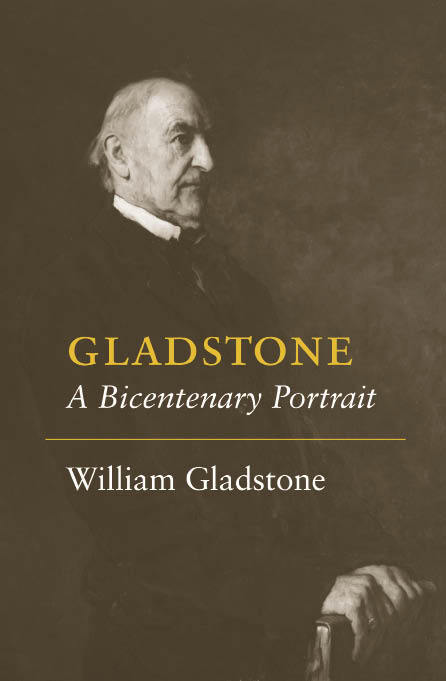Mr Gladstone’s career in politics was titanic.
Mr Gladstone’s career in politics was titanic. He sat for over 60 years in the Commons, was in the cabinet before he was 35, was four times prime minister, almost solved the Irish question, set new standards for the conduct of public business and of foreign policy, and took a leading part in the disruptions both of the Conservative and of the Liberal Party. The post office did get round to issuing a commemorative stamp for his bicentenary, which fell on 29 December; but the press, which used to publish every day in the 1880s a note of his doings, close to the court circular about the Queen’s, has taken it more quietly.
He is worth remembering, as an instance of how politicians can usefully spend their time; not many of them nowadays can match him for energy. It was once said of him that he could do in four hours what would take other men 16, and that he worked 16 hours a day.
This exaggerated, but not by much. He was the son of a self-made Liverpool merchant prince, brought up at Eton and Christ Church, Oxford in the shadow of the great name of Canning — his father had been Canning’s agent at Liverpool — and as a very young man his ambition had been to be a priest. His father persuade him to try politics instead; he entered the just-reformed House of Commons in 1833 for a virtual pocket borough as a junior spokesman for the West Indian slaveholders, and grew up to be the leading Liberal statesman in Europe. Garibaldi, one of the liberators of Italy, called him his precursor.
This delightful book is by his great-grandson, who now holds the family baronetcy and is a Knight of the Garter. He is steeped in the family’s history and its voluminous records, and like his ancestor can even make budget speeches interesting. He runs briefly through the once well-known career, constantly adding new fragments to the story that every educated man used to know, and bringing back to a forgetful public what fun it used to be to be in the same room as Mr Gladstone, to hear him talk about almost any subject on earth that happened to interest him.
He touches for example on the well-known quarrel with Queen Victoria, the start of which he dates back to 1871. Each was jealous of the other; the Queen, from her superior social position, was able to snub him, and often did so. Of course he addressed her as if she was a public meeting, for he could never forget that she was an Estate of the Realm. The craftier Disraeli remembered that she was also a woman, and flattered her outrageously; thus gaining a confidence she could never extend to his rival.
Sir William’s comments on his ancestor’s role in creating the world free trade system remain highly relevant to today’s economic troubles. The prime minister presided also over the transition from an aristocratic to a democratic society in this island, no mean feat: he was never a mean man. Many illustrations, a lot of them previously unpublished, help to illuminate an admirable opening handbook to British 19th-century history.






Comments